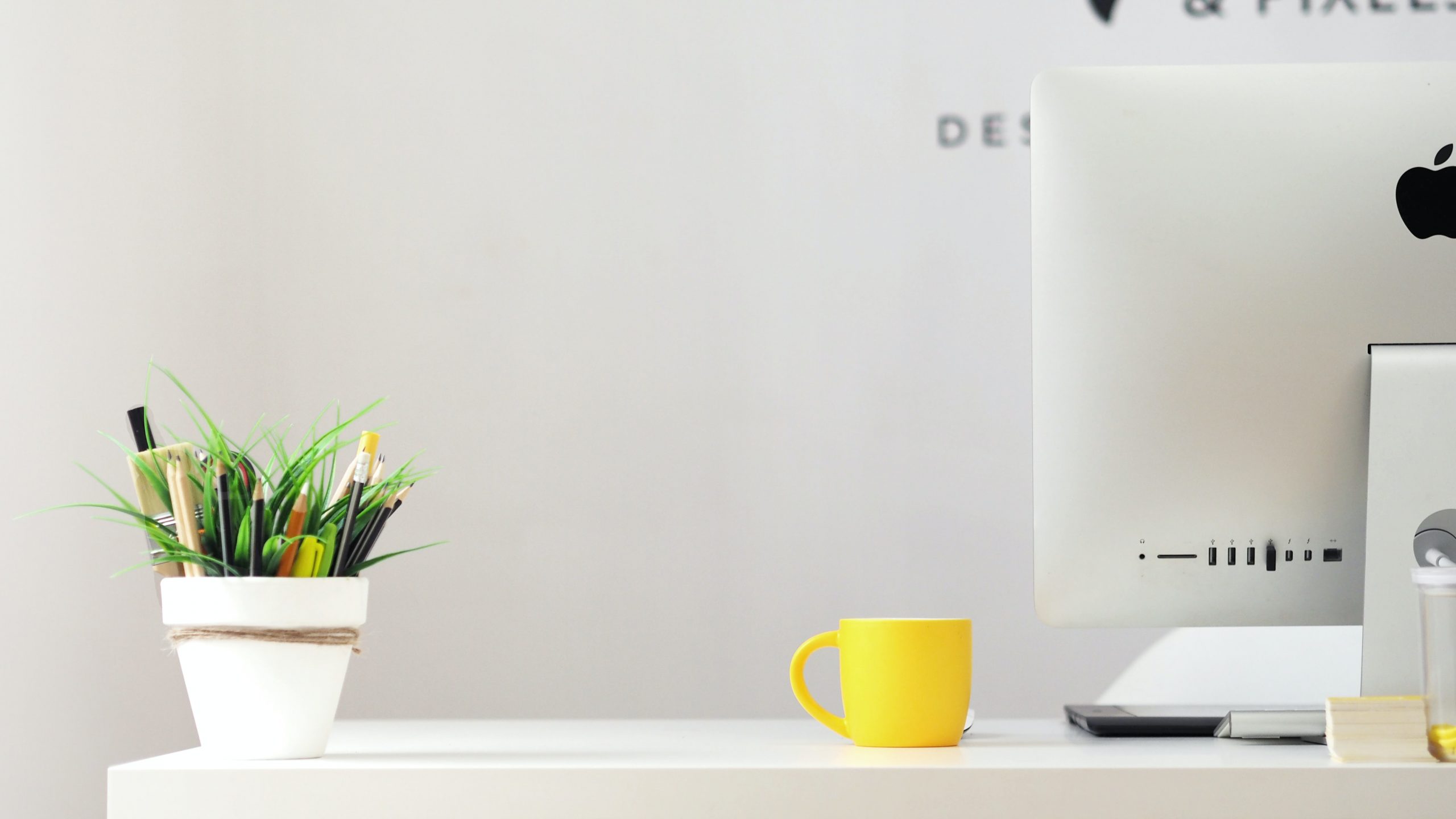Exercise For Mental Health: Keeping Active When Working From Home
Exercise For Mental Health: Keeping Active When Working From Home
Share
Covid-19, the global pandemic that brought a lot of changes to our daily lives and changed our working, eating and lifestyles patterns entirely. We had to adjust to a completely new reality, and that has had an impact on everyone’s mental health. Stress has a lot of interference with our daily lives, but also impacts our long-term health.
Regular exercise has helps reduce stress and develop resilience to micro- and macro-stressors that we come across every day, 24% of Brits said that including physical activity in their day-to-day lives helped them release tension from work stress (Axa.co.uk, 2018). With the start of Covid-19, our time moving has decreased drastically, and stress from work in a new environment (from home) has increased. An average office worker spent a shocking 75% of their time awake in a sedentary position before the pandemic. Now our movement has decreased even more. We are not travelling to and from work, do not go shopping that often, and we did not have the ability to go to gyms for a while. It does not seem that things will change in the near future, and WFH (work from home) is now the new norm.
At these times of working from home: on our beds, our floor or wherever is most convenient, with kids running around and spouses shouting on Zoom next door, it is most important for us to keep active and do the best we can for our physical and mental health. Fitbit and the London Fitness Guy (James Stirling), a UK celebrity, have partnered to help and inspire people to keep up their movement and introduce regular exercise patterns into their routines of this new norm.
There are plenty of ways we can move, which are not intense exercise. It is understandable, that we might not have time or may be too tired for a proper workout. This is when light movement, such as walking, gardening, some yoga or freestyle-dancing can help us shake up our body and support our mental health. James gives some tips to help incorporate movement into our daily life:
- Walk while you talk (take your meetings on-the-go)
- Go for a walk or run during your lunch break
- Set reminders and alarms on your phone or Fitbit to prompt movement away from the desk
- Regularly stretch at the desk and work the muscles that don’t get used while sitting down
The average Brit spends 67 out of 168 hours of their week sitting down, that is 40% of their time, and about 50 of those 168 hours they sleep, that is about 57% of time awake spent sitting down. Fitness trackers, like Fitbit, are an incredibly valuable tool in bringing awareness to people about how sedentary they are. The trackers act as a stimulus for people to get moving and get physically active, whether that is vigorous physical activity or light movement – they track it all and give you a good understanding of how much you moved and whether you need to work on moving more.

The current health recommendations from the WHO (2020) for adults over 18 years old are:
- At least 150 minutes of moderate physical activity or 75 minutes of vigorous activity per week.
- 300 minutes of moderate activity will give extra benefits.
- Muscle strength activities 2 or more times a week, such as going to the gym, resistance band or bodyweight workouts.
These recommendations are only the basic minimum we should be aiming for, and doing more will only do us good. The more we move, the better our metabolism works, and the less risk we have of illnesses, such as heart disease, type 2 diabetes, obesity and many other life-threatening illnesses (NHS UK, 2020).
At BESTFIT, we aim to inspire you to be the healthiest version of yourself, and being active is an integral part of that. We provide you with new workouts to keep you active and ideas about how you can engage in lighter types of movement. Check out our “Fitness” section to find out more.





















FOLLOW BESTFIT